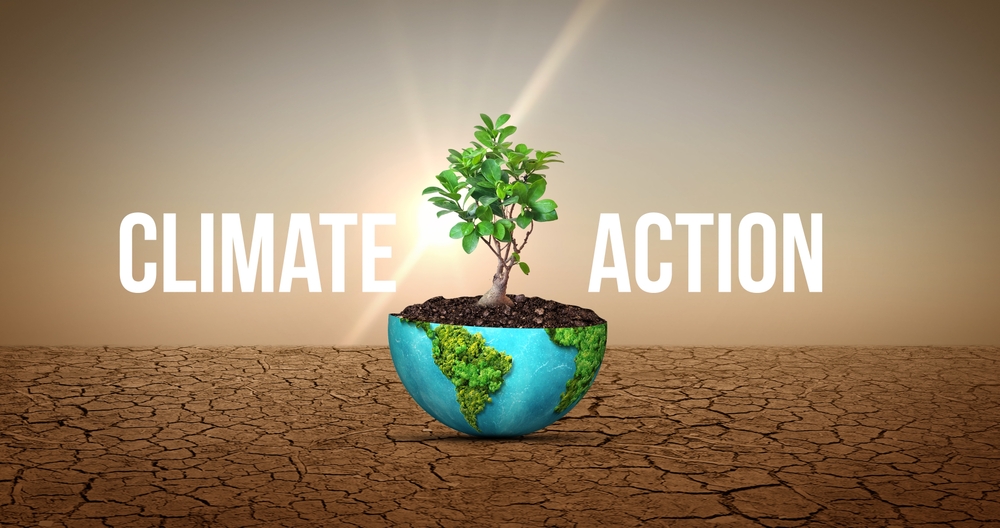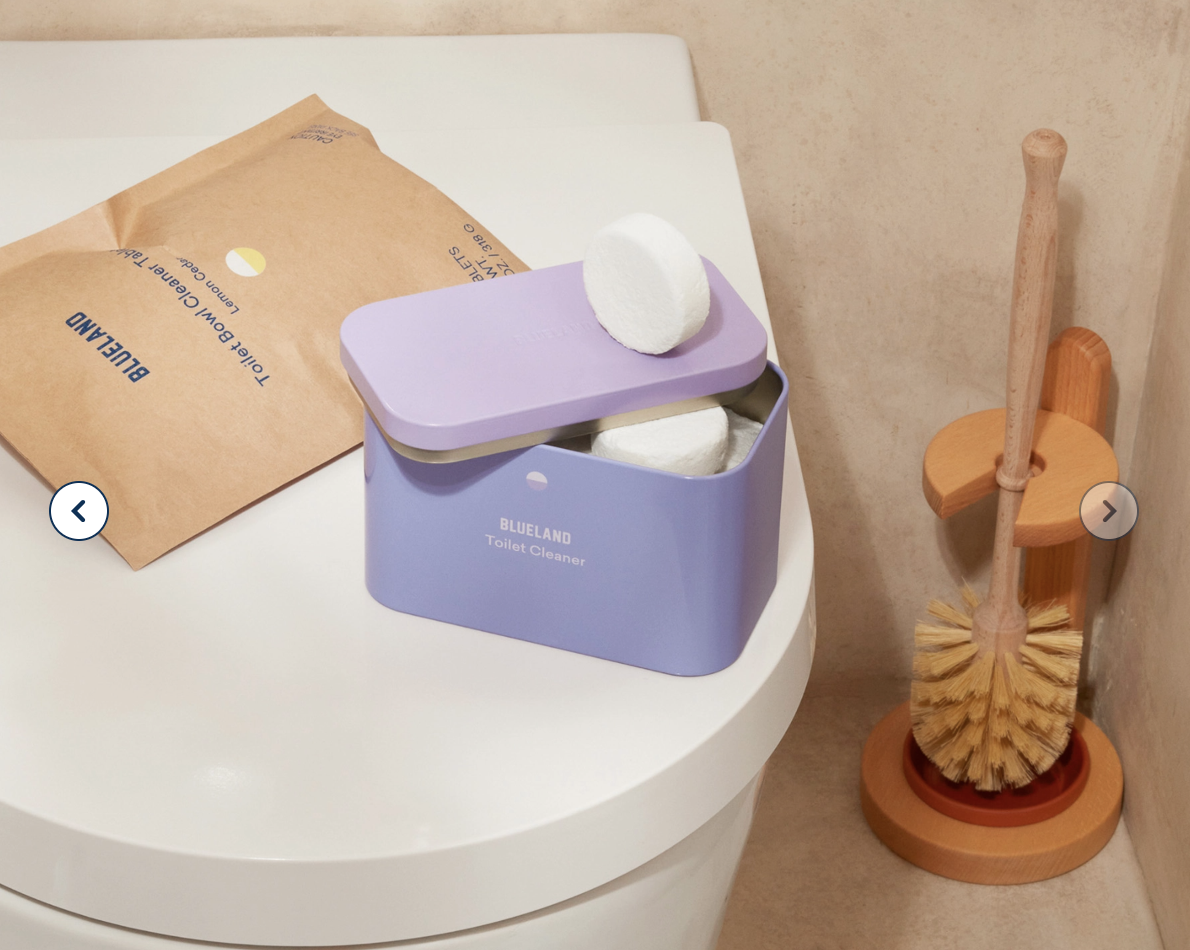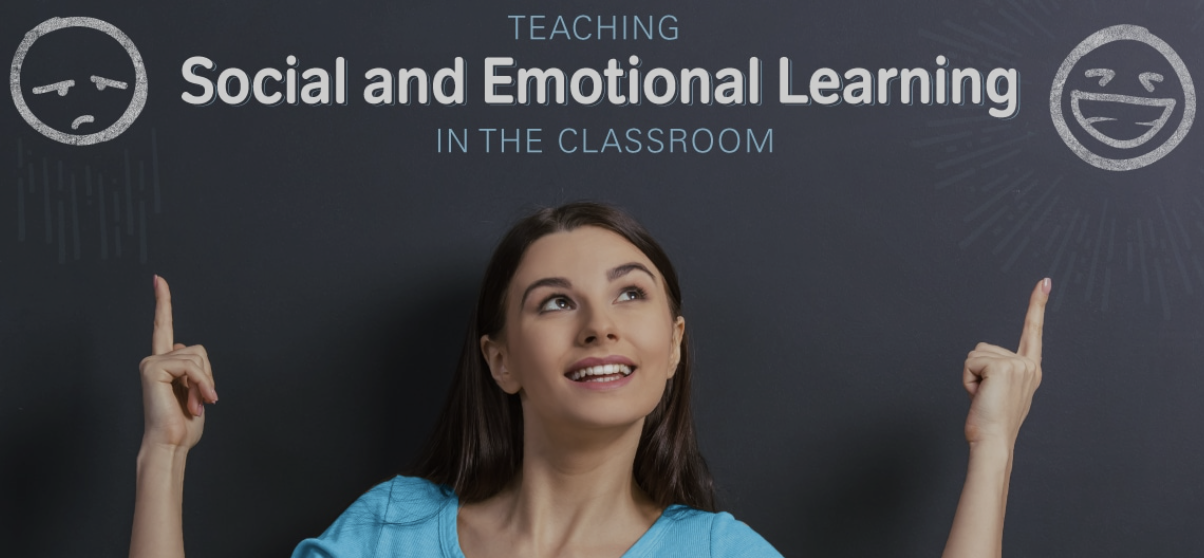New “Action-Study” Program Turns “Doing Good” in One’s Community into Grants for School

It was a day we’ll not soon forget. My colleague Mikayla and I were meeting with the first class of PIPs for School (P4S) Scholars at the Queens-based home of our host partner, RIVER FUND NY. We were there to onboard the 24 high school and college students who had been selected for the program.
But that wasn’t the only thing going on that Saturday. Hundreds of families with shopping carts were lined up for groceries while young children ran in, out, and around the house in their RIVER FUND t-shirts, and teen volunteers fist-bumped CEO and founder Swami Durga Das as he strode by their stations.
RIVER FUND, which Swami started in 1991 as a support center for those living with HIV/AIDS, is now a place wholly dedicated to using a family-by-family approach to feed and empower them to move beyond the lines of poverty. For the thousands of families it serves each year, RIVER FUND offers not just the essentials to survive, but the nourishment and the nurturing to thrive literally from “Cradle to College” and beyond.
RIVER FUND regularly hosts baby showers for expectant and new moms and dads where they’ll get everything from cribs and car seats to clothes, formula, diapers, and toys. It also offers a safe, friendly gathering spot for high school and college students to study with tutors, meet with mentors, volunteer, or work as interns.
For students, many of whom also work — often at multiple jobs — to help provide for their families, RIVER FUND’s support and services, including the Mary C. Tiedemann Scholarship, help them to make school a priority. Still, the costs of higher education too often prevent students like these from completing their degree or even merely acquiring textbooks.
This is where the P4S Scholars program comes in. An innovative “action-to-study” program, P4S Scholars empowers its students with a behavior motivation and tracking platform called the PIPs Rewards™ App (PIPs App) that is capable of turning engagement in actions that benefit health, community, and the planet into general funds for school. The PIPs App utilizes a mix of action-tracking tools — including but not limited to machine learning (or AI), API integration, and NFC devices — to verify and record each time an action is completed. Now, every time one of the Scholars takes public transit, recycles, meets with a mentor, or volunteers, they are recognized and rewarded with a “currency of good” called Positive Impact Points or PIPs that can be converted into up to $1,000 in grants to pay a range of school expenses including fees, books, room, board, transportation, and other miscellaneous charges.
“Poverty is personal,” Swami says often. “What we love about PIPs is that while it may rely on technology, it’s all heart. The app offers multiple ‘touch points’ through which personal responsibility — whether it’s recycling, helping pay the family’s electric bill, or taking care of an elderly grandparent — is recognized and rewarded. This fosters learning, leadership, and a sense of shared responsibility. And it helps these remarkable young people stay in school, which is the key to their getting well-paying jobs and paying it all forward as leaders in their community.”
P4S Scholars is a program of the national nonprofit PIPs Education Fund (PEF), whose mission is to help bridge the education equity gap by turning student engagement in behaviors benefiting health, community, and the planet into funds for school. P4S Scholars is supported by charitable donations and implemented in collaboration with host partners like RIVER FUND NY. Interested in learning more? Please reach out to wendy@pipsrewards.com.
Wendy Gordon
President, PIPs Education Fund


